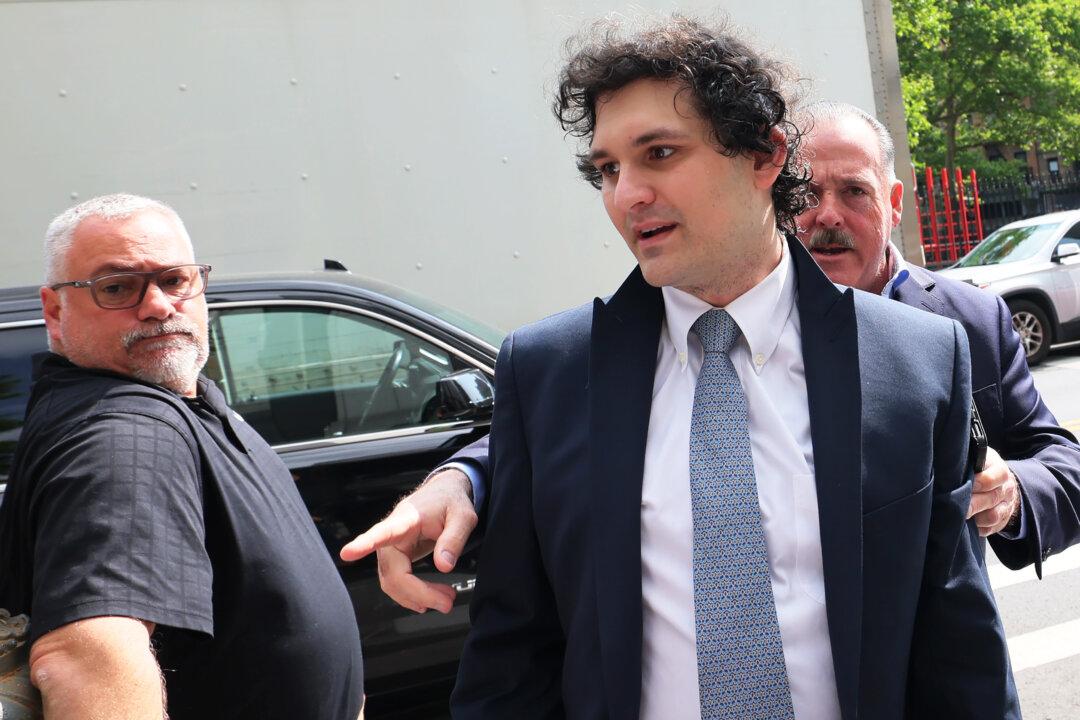Cryptocurrency derivatives exchange FTX has been lying to banks about the suspicious movements of customer assets as far back as 2020, the company’s new leadership alleged in court filings.
Once a $32 billion crypto empire, FTX collapsed in November 2022 after its disgraced founder Sam Bankman-Fried allegedly misappropriated customers’ money to cover losses at his privately held trading firm Alameda Research. Bankman-Fried pleaded not guilty in January to a slew of criminal charges, including wire fraud and money laundering.





